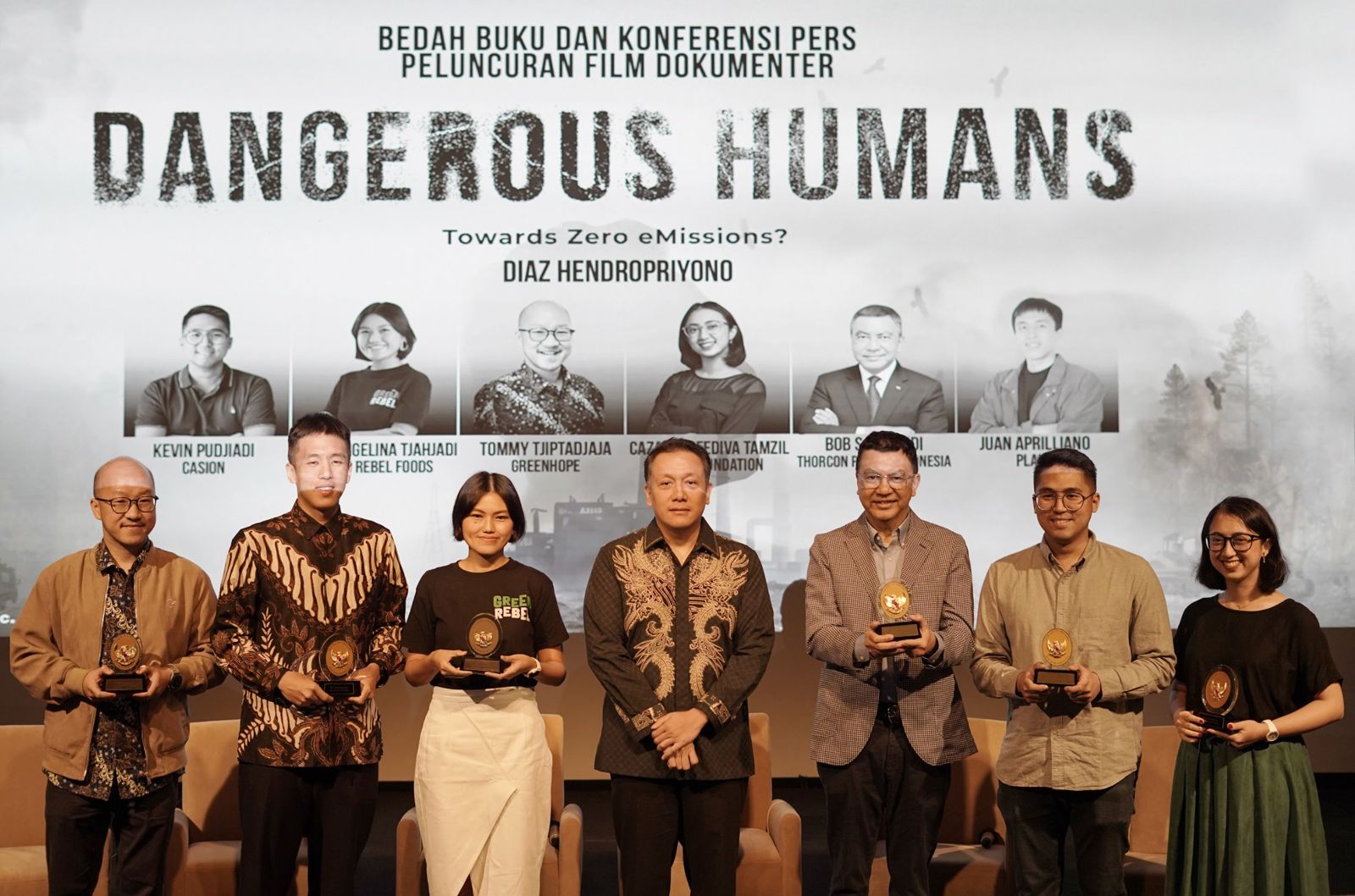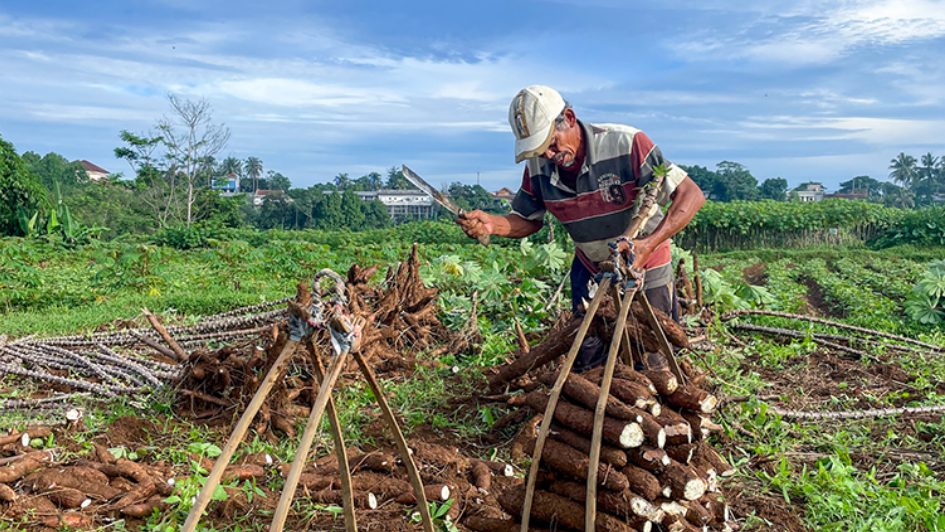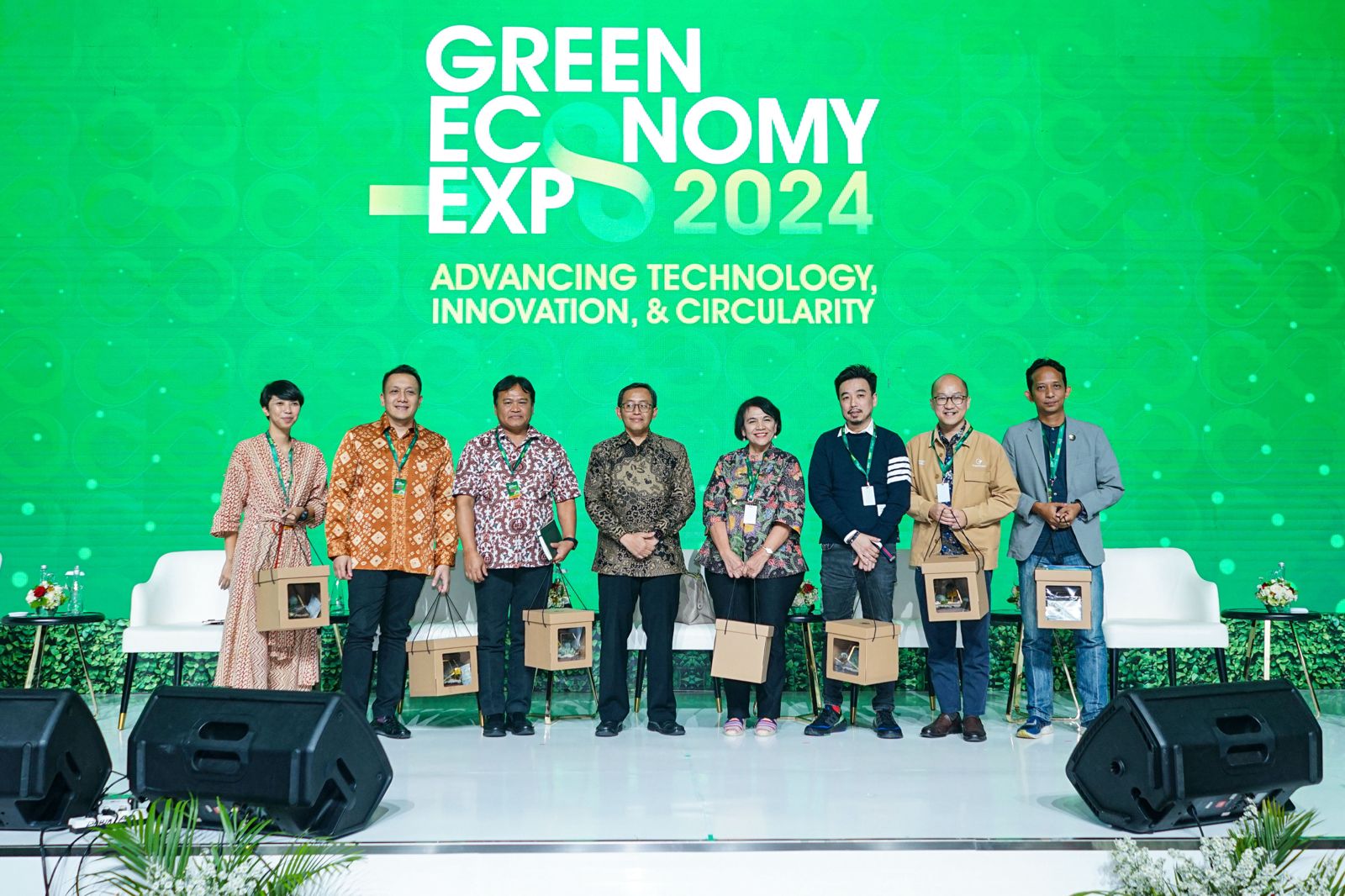Ecorasa: Nature and Food Companion
Thursday, 29 November 2018In the last few years, the public has been inundated with news and campaigns about zero-waste lifestyles, microplastic issues in bottled water and anti-plastic campaigns. Not to mention the various videos circulating about various animals that become victims of ‘accidents’ of plastic waste that is thrown into the sea. Recently, various cities have even issued regulations banning the use of plastic shopping bags, such as Bogor, Banjarmasin, Bandung, and many more.
This has also triggered the growth of movements that offer plastic replacement solutions that are worthy of appreciation, such as the movement to bring their own shopping bags, bring their own drinking bottles, and also bring their own dining boxes. However, the effectiveness of these movements certainly needs to be studied more deeply considering the massive use of plastic in human life.
Plastic is used not only as shopping bags, but also as packaging, cutlery, rubbish bags, and various single-use plastic applications. This certainly raises the question of can we live without plastic?
The production process of plastic, which is actually a residual material of refined petroleum, makes plastic the most energy-efficient and environmentally friendly material as well as the most economical. Its high functionality, flexibility and durability allow it to keep food preserved during storage and distribution. The very strong characteristics of plastics are also suitable for making household appliances, used in the aviation industry, electronics, etc.
ecorasa - Holistic Solution to F&B Packaging Dilemma
The massive use of plastic coupled with the emergence of various regulations that prohibit the use of plastic has caused confusion in society to find alternatives to plastic. Especially single-use plastics that end up in landfills and have low economic value, making it difficult for scavengers to sell them to recycling collectors.
"I see that the plastic waste problem is getting worse and needs a real movement from various parties, business people, government, communities, and even the general public to play an active role together. If we look at the plastic waste, it is quite dominated by disposable food packaging. For this reason, I think it is time for environmentally friendly food and beverage packaging that is easy to decompose, does not become microplastic but decays back to the earth so that it forms a holistic production circle. ecorasa is present in the community to offer this solution," said Shivan, President Director of ecorasa, an environmentally friendly and biodegradable F&B packaging.
He emphasised that plastic has long been a friend to modern man but not to nature. Starting from the decomposition process that takes 500 - 1000 years and fragments into microplastics that harm the environment.
ecorasa with Oxium Technology, Biodegradable Additive
ecorasa is the first eco-friendly packaging in Indonesia that is able to prove that its products can be decomposed back into the soil using plastic degradation additive technology, Oxium. Oxium functions as a pro-oxidant that is able to break down long plastic carbon chains into short and easily eaten microbes and return to the soil into biomass, H2O and CO2. This allows ecorasa food and beverage packaging to decompose back into the soil in just 5 years.
The proof is done through credible testing both in Indonesia and internationally, including the American standard test ASTM 6954, SNI Ecolabel Type 2 certification, safe for food and patented in America and Singapore, even though the technology is 100% original Indonesian technology that was discovered, developed and researched in Indonesia.
So we should be proud of the innovations and creations of the nation's children that have gone global. ecorasa has also collaborated with various well-known brand owners who are very concerned about the environment and actively campaign for an environmentally friendly lifestyle such as Kulina, XXI, Grand Hyatt, etc. If they already use ecorasa, when will you?



